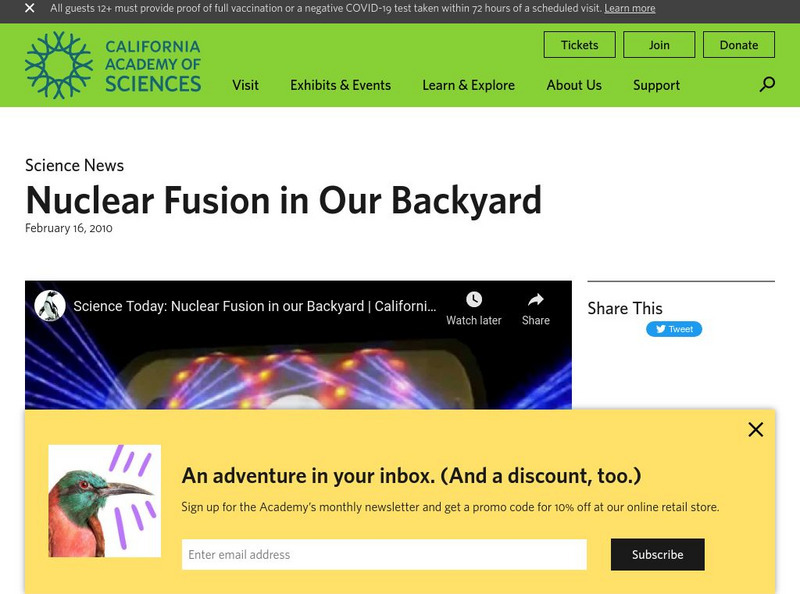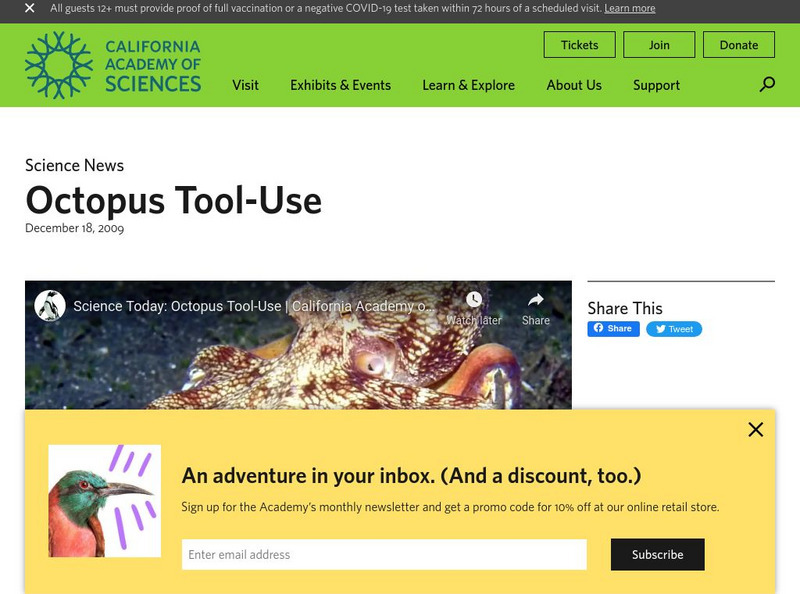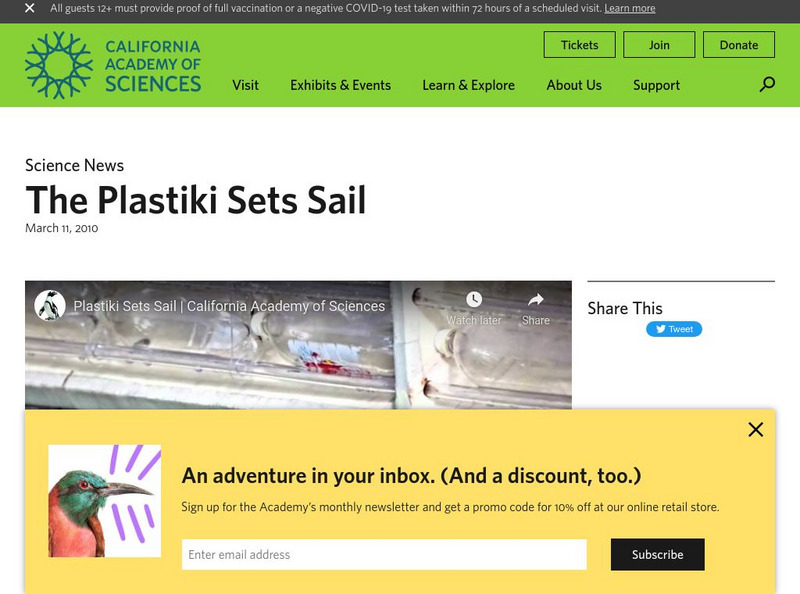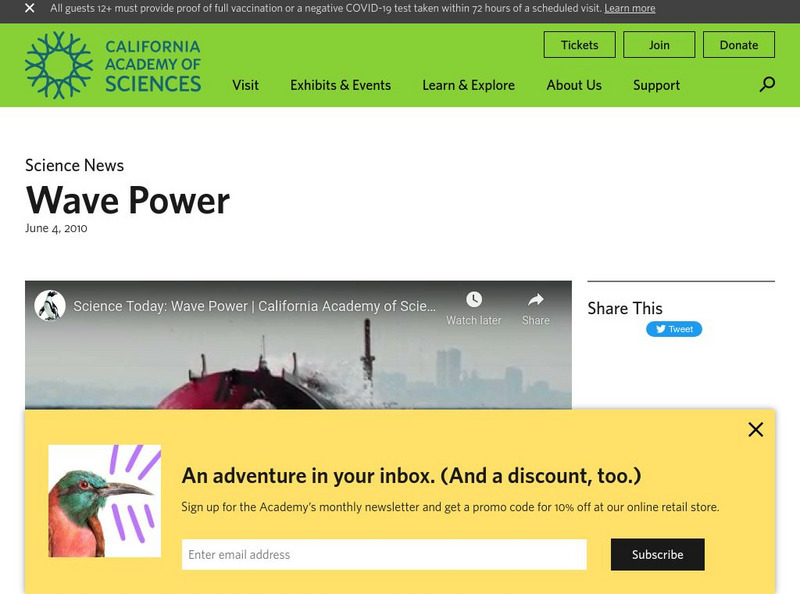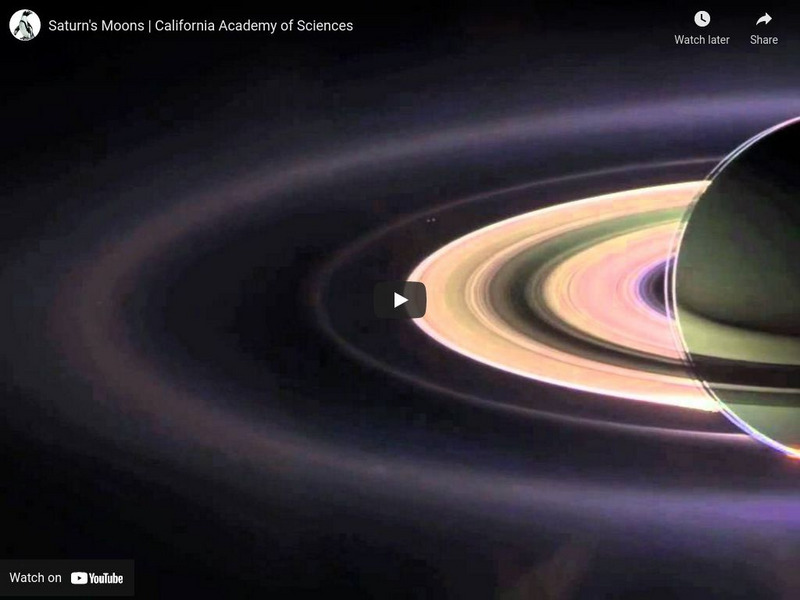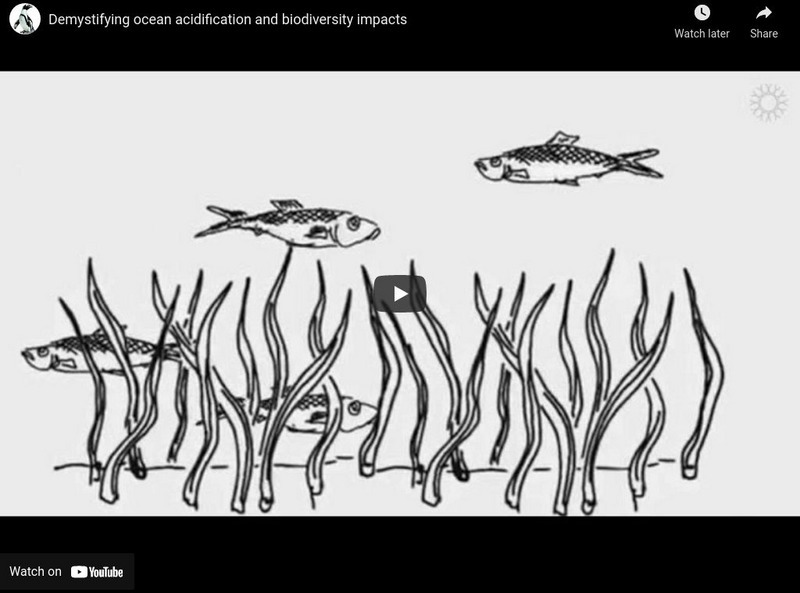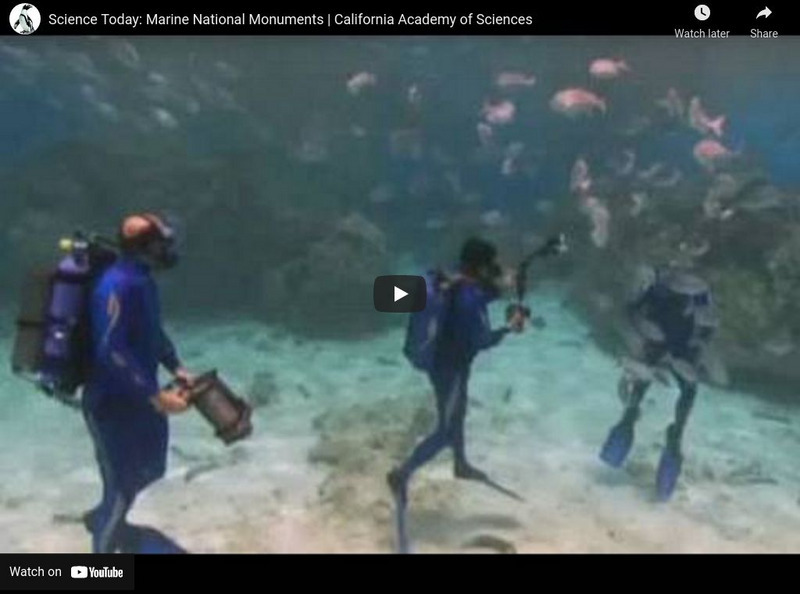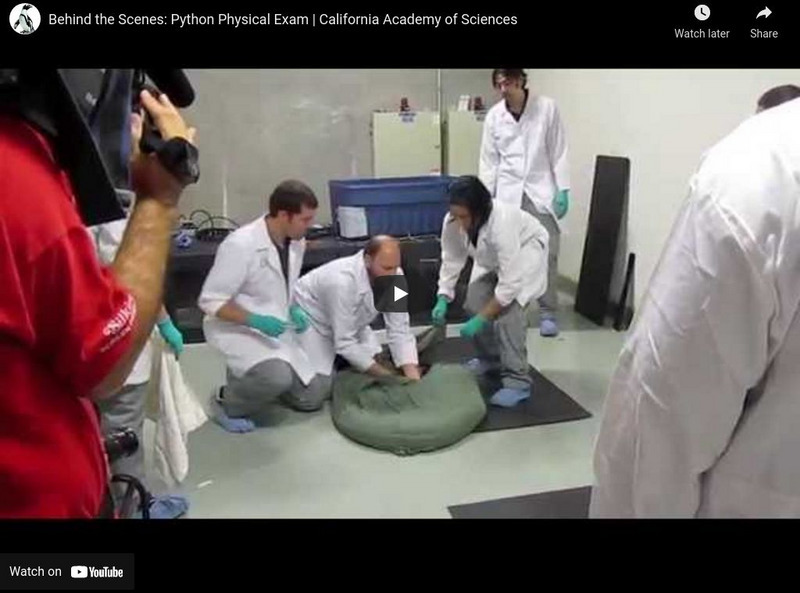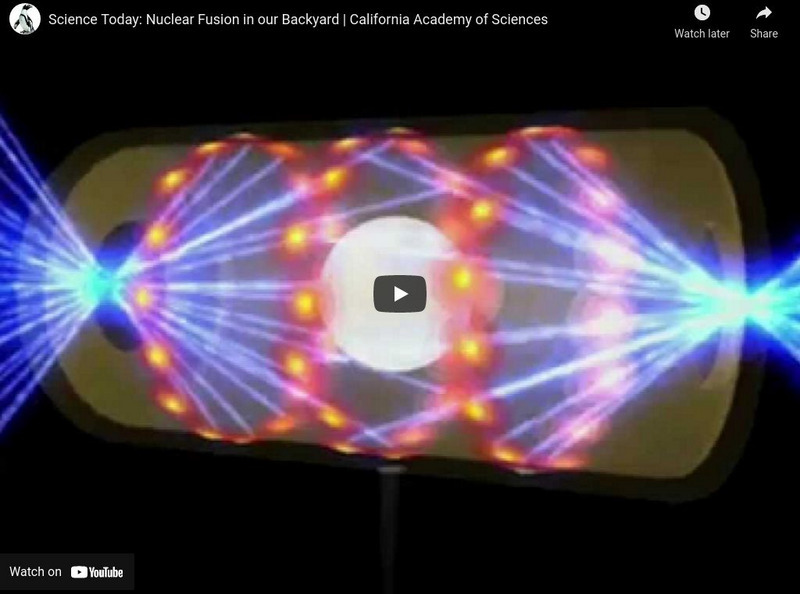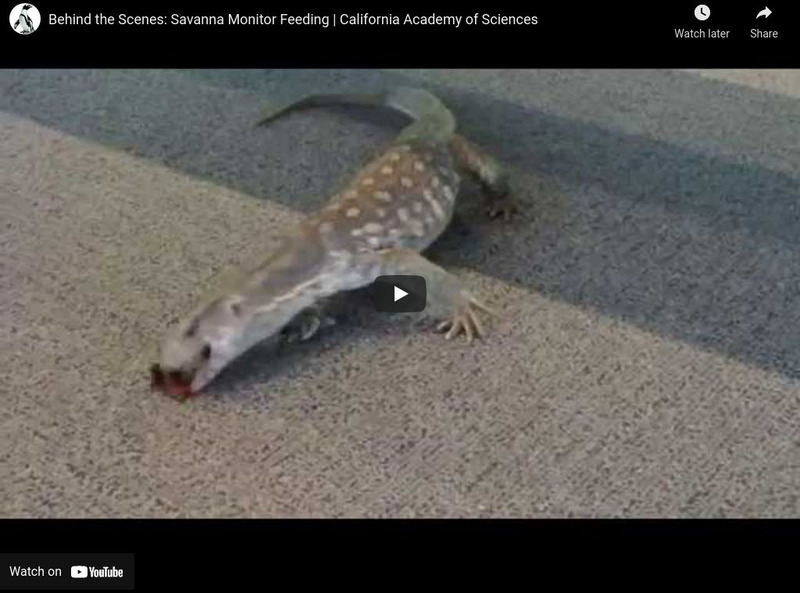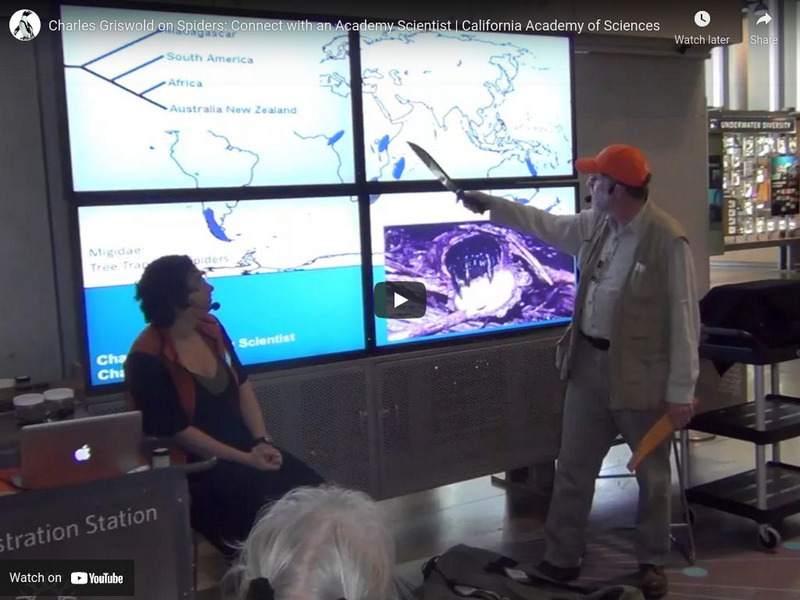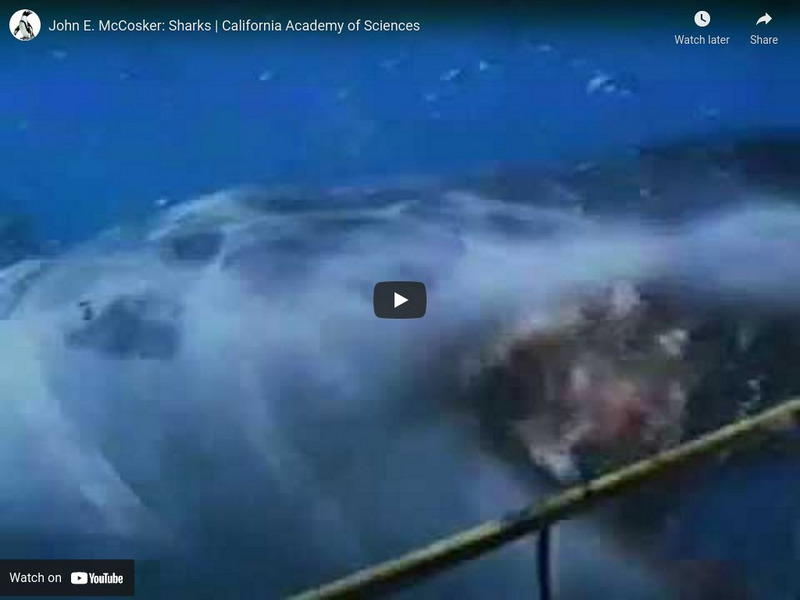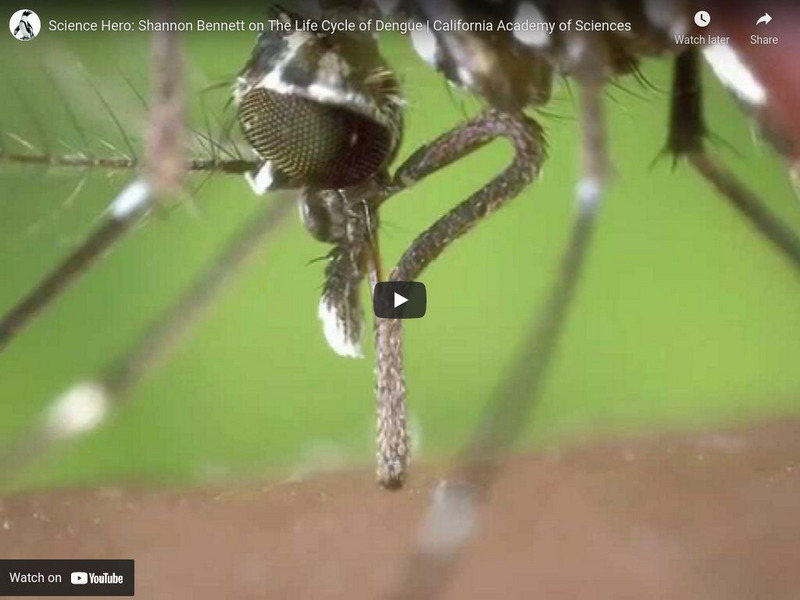Hi, what do you want to do?
Getty Images
Valentine's Day Celebrated At San Francisco Zoo
African Penguins swim in their exhibit at the California Academy of Sciences on February 13, 2013 in San Francisco, California. In honor of Valentine's Day, the colony of African Penguins at the California Academy of Sciences received...
Getty Images
Valentine's Day Celebrated At San Francisco Zoo
African Penguins swim in their exhibit at the California Academy of Sciences on February 13, 2013 in San Francisco, California. In honor of Valentine's Day, the colony of African Penguins at the California Academy of Sciences received...
Getty Images
Valentine's Day Celebrated At San Francisco Zoo
African Penguins swim in their exhibit at the California Academy of Sciences on February 13, 2013 in San Francisco, California. In honor of Valentine's Day, the colony of African Penguins at the California Academy of Sciences received...
Getty Images
Valentine's Day Celebrated At San Francisco Zoo
Biologist Crystal Crimbchin hands out Valentine's Day cards to African Penguins at the California Academy of Sciences on February 13, 2013 in San Francisco, California. In honor of Valentine's Day, the colony of African Penguins at the...
Getty Images
Valentine's Day Celebrated At San Francisco Zoo
African Penguins swim in their exhibit at the California Academy of Sciences on February 13, 2013 in San Francisco, California. In honor of Valentine's Day, the colony of African Penguins at the California Academy of Sciences received...
Other
Worldviews Network: A Global Water Story
Learn about how Earth's water availability is changing as the climate changes, and what we as humans can do to keep a sustainable supply of this life-essential resource.
California Academy of Sciences
California Academy of Sciences: How Science Works
A video showing how the scientific process is not a linear step-by-step process but rather can be illustrated with a flow chart. Follow scientist through this dynamic process as they discover a new species of spider found in a cave. [5:53]
California Academy of Sciences
California Academy of Sciences: Introduced Species and Biodiversity
How do introduced species cause problems for biodiversity? What makes a species invasive? When humans introduce non-native species to a new environment, it can have disastrous impacts on native species and the entire ecosystem. [9:55]
California Academy of Sciences
California Academy of Sciences: Gulf Oil Spill, One Year Later
Three local scientists discuss their work in the Gulf after the BP Oil Spill of 2010. [4:18]
California Academy of Sciences
California Academy of Sciences: Nuclear Fusion in Our Backyard
Scientists at Lawrence Livermore Laboratory are hoping that nuclear fusion will become an energy source in the near future. [2:11]
California Academy of Sciences
California Academy of Sciences: Octopus Tool Use
The octopus is widely regarded as the world's smartest invertebrate. Get insight into a new study which provides evidence for that claim. [1:13]
California Academy of Sciences
California Academy of Sciences: Penguin Wave
Researchers have discovered how emperor penguins stay warm even at 43 degrees below zero. [1:35]
California Academy of Sciences
California Academy of Sciences: Plastiki Sets Sail
David de Rothschild and his boat, the Plastiki, sets sail across the Pacific. Find out how a boat made entirely of plastic hopes to rid the oceans of the stuff. [2:46]
California Academy of Sciences
California Academy of Sciences: Reversing Aging
Researchers have found that telomerase can reverse aging in mice. Will the same work for humans? [1:29]
California Academy of Sciences
California Academy of Sciences: Wave Power
Find out what wave energy is, and how it works. [2:17]
California Academy of Sciences
Ca Academy of Sciences: Saturn's Moons
Did a moon form Saturn's rings? Do the building blocks for life exist on Titan? Seltzer water inside Enceladus? Here are three recent headlines about Saturn's moons. [2:02]
California Academy of Sciences
You Tube: California Academy of Sciences: Ocean Acidification & Biodiversity
Why are the oceans becoming more acidic and how does that threaten biodiversity? Human activities produce excessive carbon dioxide and much of it is absorbed by the oceans, where it is converted to an acid. [12:12]
California Academy of Sciences
Ca Academy of Sciences: Marine National Monuments
Jean-Michel Cousteau talks about President Bush's designations of four Marine National Monuments. [3:17]
California Academy of Sciences
Ca Academy of Sciences: Python Physical Exam
An 18-foot, 150-pound female Bali yellow-head reticulated python gets a physical exam by the Academy's resident veterinarian and team of biologists. [1:29]
California Academy of Sciences
Ca Academy of Sciences: Nudibranchs With Marta Pola Perez
California Academy Scientist Mart Pola Perez has made studying these gorgeous creatures of the sea her life's work. [0:32]
California Academy of Sciences
Ca Academy of Sciences: Savanna Monitor Feeding
Unlike many monitor lizards that hunt down large prey, the Savanna Monitor goes for smaller animals. It roots around above and below ground for millipedes, beetles, crickets, snails, and other invertebrates. Find out more about this...
California Academy of Sciences
Ca Academy of Sciences: Charles Griswold: Chat With an Academy Entomologist
In this chat, Geoff discusses spiders at the Academy with entomologist Charles Griswold. [32:15]
California Academy of Sciences
Ca Academy of Sciences: Science Heroes: John Mc Cosker, Sharks
Go on a journey with John McCosker, Chair of the Department of Aquatic Biology, and learn how the oceans' top predator preys upon its victims. [1:40]
California Academy of Sciences
Ca Academy of Sciences: Science Heroes: Shannon Bennett, Life Cycle of Dengue
Shannon Bennett studies the mosquito species most responsible for the spread of dengue, which is particularly good at transmitting human pathogens because it has adapted to feed efficiently on humans. [0:55]










